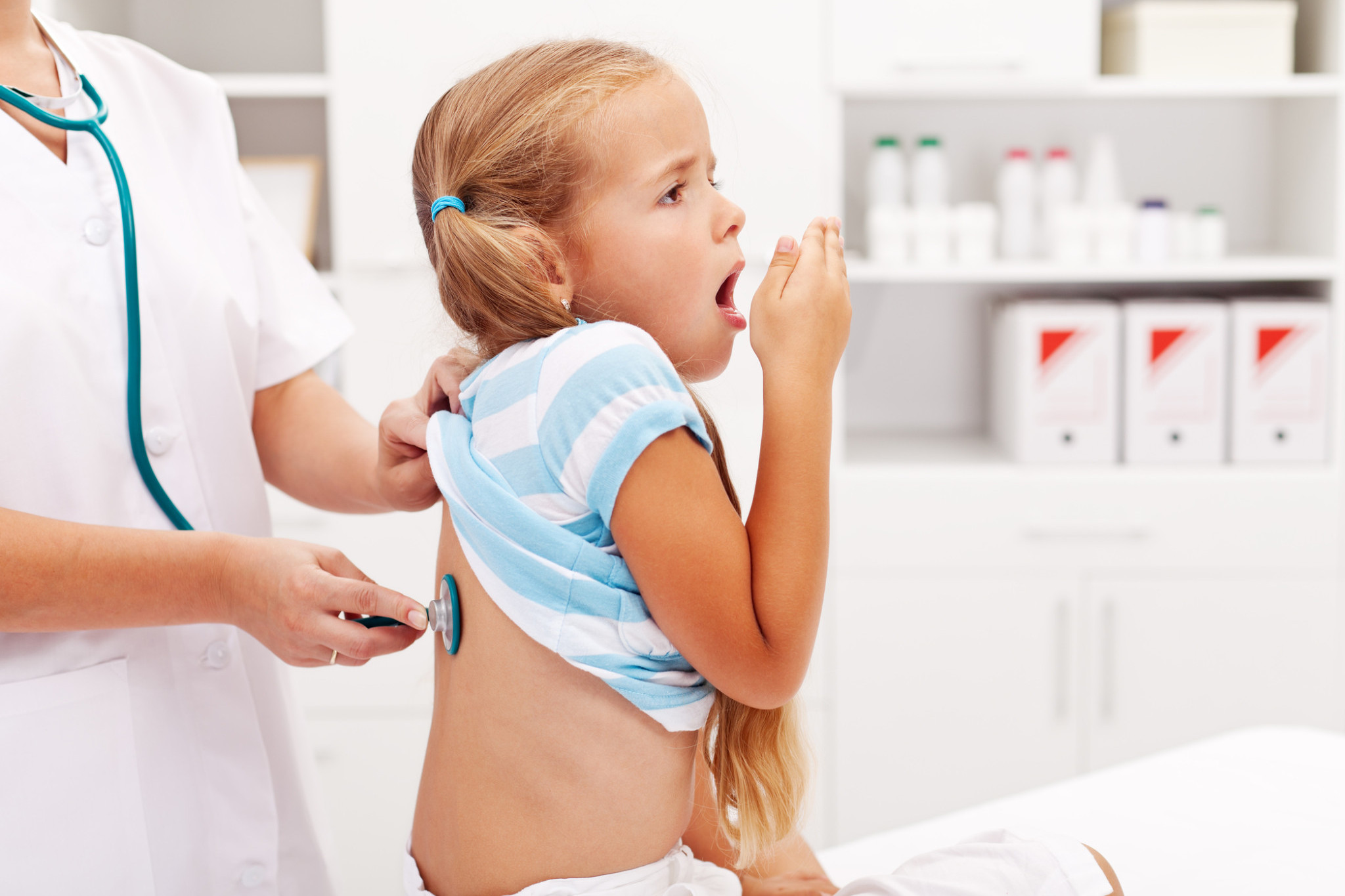Community & Business
9 January, 2024
Recent rise in whooping cough prompts warning
A RECENT rise of whooping cough, particularly in babies, has prompted Tropical Public Health Services to remind parents to be aware of symptoms and ensure vaccinations are up to date.

Tropical Public Health Services director Dr Richard Gair said whooping cough was a highly infectious illness that could cause uncontrollable coughing and difficulty breathing, particularly for children under one year of age.
“Since late November 2023, Tropical Public Health Services have been notified of seven cases in children under six months of age and one case in a pregnant woman. This follows several months of no cases of whooping cough in the Cairns region,” Dr Gair said.
“While many of the cases have been from Cairns, cases in Mareeba and Yarrabah have also been reported.
“With children returning to day care and school, parents should be on the look out for symptoms and see a doctor if they are concerned.
“Our priority is to protect children under six months, as whooping cough can be much more severe in babies as they are not fully vaccinated yet.
“Hospitalisation and deaths due to whooping cough mainly occur in babies less than 6 months of age.
“Complications from whooping cough in babies can include pneumonia, seizures and brain damage.”
Dr Gair said typical symptoms were a persistent cough that may occur in bouts (often with a breathless ‘whoop’ at the end).
It is spread by an infected person coughing or sneezing.
“Someone with whooping cough is very infectious for the first three weeks of their illness or until they have received a course of antibiotics, and they could pass the illness on to an infant or baby at home,” he said.
“If your child develops a troublesome and persistent cough, take him/her to your doctor promptly, even if they are fully immunised, and mention if he/she may have had contact with someone with whooping cough.
“Early detection and treatment of whooping cough can reduce spread to the most vulnerable, especially infants and women in the late stages of pregnancy.
“Staying home while infectious is also vital to prevent spreading the sickness.”
Dr Gair said vaccination was the most effective way to minimise the risk of whooping cough, with most hospitalisations and deaths occurring in babies younger than six months of age.
“For adults and adolescents, whooping cough may only cause a persistent cough – but for babies it can cause serious and sometimes life-threatening health issues,” he said.
“One of the best ways to protect infants from whooping cough is for their mother to be vaccinated during pregnancy.”
“Whooping cough vaccine for pregnant women is free under the National Immunisation Program and recommended in the third trimester of each pregnancy.
“The childhood schedule includes whooping cough vaccines for babies and children at two, four, six and 18 months of age, and at four years of age.
“Adolescents should get their scheduled pertussis booster dose in year seven at school.
“Immunity wanes over time, so even vaccinated people can get and transmit whooping cough, although the disease is usually less severe.
“Early detection and treatment of whooping cough can reduce spread to the most vulnerable, especially infants and women in the late stages of pregnancy.
“Staying home while infectious is also vital to preventing transmission.”


